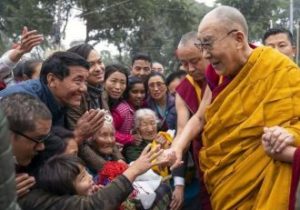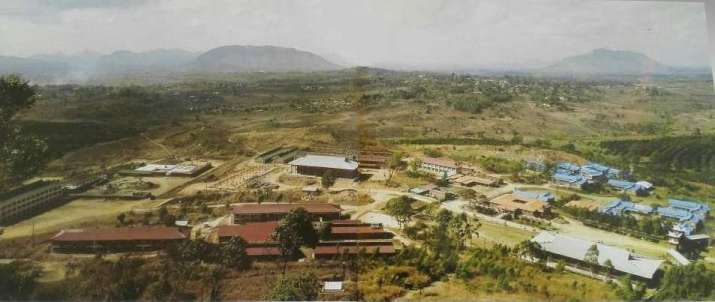
Ben Xing (the Dharma name of Simon Manase Masauko) reports on the latest developments at the Amitofo Care Center.
BLANTYRE, Malawi—The Amitofo Care Center (ACC) is a non-profit organization aimed at relieving the plight of vulnerable and less privileged children in Africa, directed by Buddhist clergy from East Asia. Founded in the early 1990s by Venerable Hui Li, a Mahayana monk who was born in Taiwan, the ACC builds care centers in various African countries to house, care for, and educate orphaned children. It is supported by well-wishers from all over the world, although most of the donations—70 per cent—comes from donors in Asia.
The ACC in Malawi, the first care center to be established, began as a few houses in 2005 but has since grown into a village, accommodating 463 children (256 boy and 207 girls). With the support of donors, the ACC in Malawi now has a kindergarten and fully registered modern primary and secondary schools on the premises, which can take in up to 1,000 and 720 students, respectively. The center has, to date, educated more than 3,000 children. The pupils stay at the ACC until they are 18 years old, after which they can continue their studies through vocational training, while outstanding students can continue their studies at university, either in Malawi or abroad. At present, 28 former pupils are studying in Taiwan, while one is studying in Malaysia, and another at a local university in Malawi.
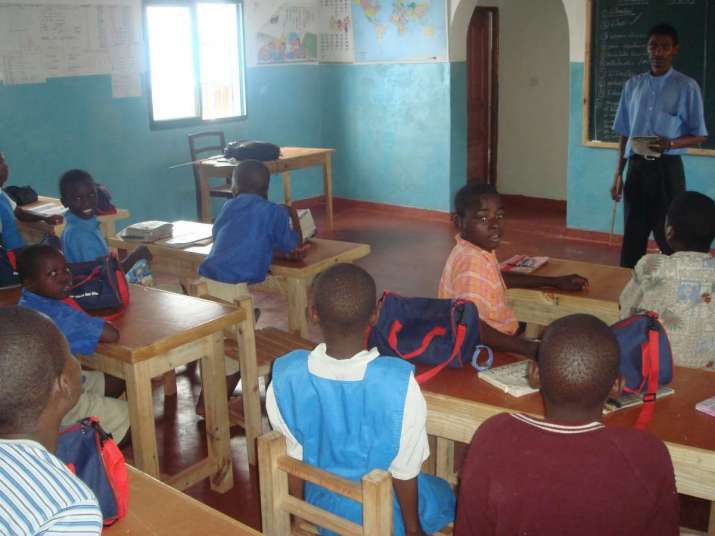
Life at an ACC is based on a combination of local African culture, Chinese culture, and Buddhist philosophy, creating a unique mix that is characteristic of ACCs. As part of their spiritual cultivation, the children attend a Buddhist service each morning and evening from Monday to Saturday, when they receive Buddhist teachings aimed at developing calmness, compassion, pro-activeness, and wise minds. As part of their curriculum, the children are taught the Chinese language, which will provide them with future opportunities as trade relations between China and Africa continue to grow. In addition, they learn the local African (in this case Malawian) culture, traditions, religion, and language from the caregivers and school teachers.
The ACCis organized around the concept of a “big family” or a “children’s village:” children are put together in groups of 16–20 that function like a family, with one nanny (or “mommy”) and one child-care teacher living under the same roof, who are responsible for managing the home and taking care of the children. This system provides an atmosphere of warmth reminiscent of a family. Twelve such families then form a “village.”
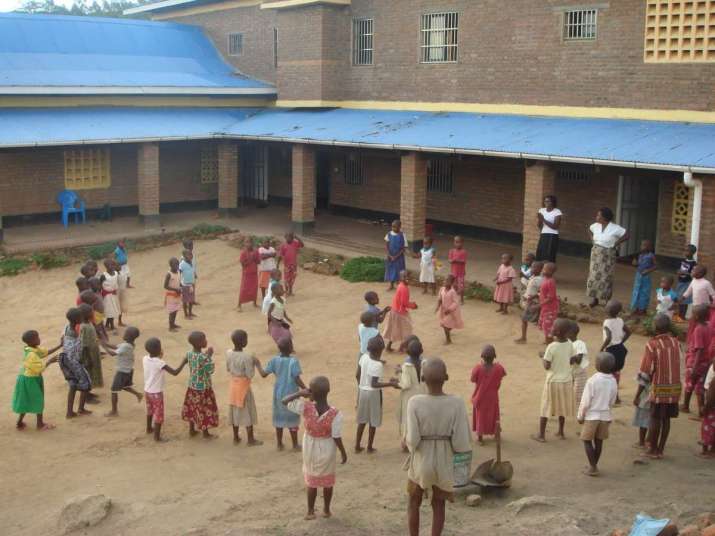
All meals at the ACC are eaten in the communal dinning hall, and the food is cooked predominantly in a communal kitchen. The children eat traditional Malawian food: breakfast usually consists of protein-enriched porridge made from soya, rice with ground nuts, or bread and soya milk. For lunch and supper the children eat nsima (a thick maize meal porridge) or rice with beans and vegetables. Eggs are served twice a week, and they also receive fruit twice a week. All food is cooked centrally and then taken to the dining hall where the children and the caretakers eat together.
In addition to the regular education schedule and Buddhist services, the ACC provides unique cultural activities and sports for the students, offering not only proficiency in sport or art, but also benefiting their physical health. Kung Fu is one of the special skills taught at the Blantyre ACC and is part and parcel of the cultural exchange between the Malawian and Chinese traditions at the center. The children practice each day before and after school—a strict training schedule that instills the students with discipline, persistence, and concentration, all qualities that will be useful to their lives and careers.
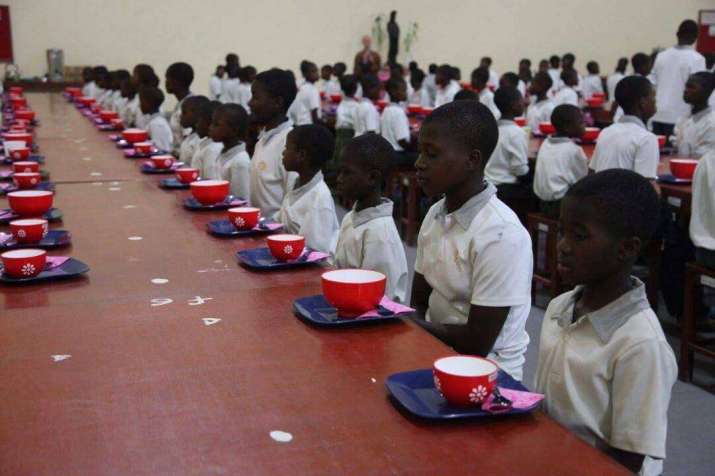
Apart from providing education, care, and accommodation to hundreds of children, the ACC has outreach programs for vulnerable children who cannot make it to the center and are supported directly in community-based organizations (CBOs). The center in Malawi currently supports 452 children from several districts.
The greatest achievement of the organization is the impact it has made complementing government efforts to reduce poverty and increase the opportunities of disadvantages Malawians by educating, accommodating, feeding, and providing all basic needs to people who are unable to provide for themselves. In addition, the ACC provides employment for local Malawians, permanently employing 130 local staff in support of the government local hiring policy.
See more











